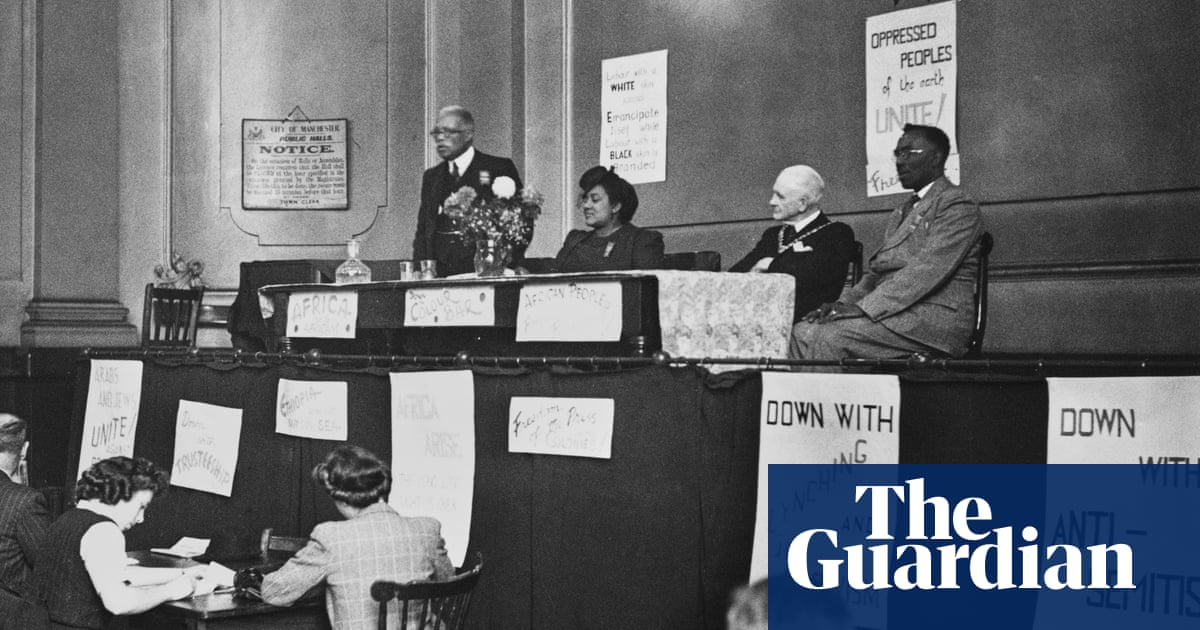People using weight loss jabs shed far fewer pounds in the real world than in clinical trials, researchers have found.
Jabs such as Wegovy and Mounjaro, which contain the drugs semaglutide and tirzepatide respectively, have transformed the treatment of obesity, with studies suggesting the former can help people lose up to 20% of their body weight after 72 weeks of treatment.
However, a new study suggests the drugs, known as GLP-1 RAs, may not produce such drastic weight loss in everyday settings.
“The average patient on [GLP-1 RAs] in the real world is not getting the weight loss that we see in clinical trials,” said the study’s senior author, Dr Karan Chhabra, from the Grossman school of medicine at New York University.
Researchers analysed data from 51,085 patients with a body mass index of 35 or greater and who were eligible for weight loss surgery and weight loss jabs.
The team compared the weight loss in 38,545 people prescribed semaglutide or tirzepatide by their doctor with that in 12,540 patients who underwent weight loss surgery, over a period of up to three years.
After taking into account factors such as age, body mass index and health problems of participants, the team found patients who underwent bariatric surgery had significantly greater average weight loss at all measured time points than those who received prescriptions for semaglutide or tirzepatide.
For example, after two years, people who underwent bariatric surgery had on average a 26.5% reduction in their body weight, compared with 5.7% for those prescribed GLP-1 RAs for any duration.
The study has not yet been peer reviewed and is due to be presented at the American Society for Metabolic and Bariatric Surgery 2025 annual scientific meeting.
Chhabra said: “The most reliable way to lose 20% to 30% of your weight is to get a bariatric operation.”
He said it was not clear why the weight loss jabs had a smaller effect in the real world than in trials, but he noted that their cost and others barriers to access could mean people were unable to continue their use over the long term, while doctors’ efforts could also play a role, given how it is important that dosage is increased over time, side-effects are monitored and additional support is offered.
Chhabra said further work was needed to ensure patients who want to take such medications get the greatest effectiveness.
“Our goal is to get as many people to the right treatment [for obesity] as possible. But they need to know what to expect from the treatment that they’re choosing, and that needs to be guided by real-world data, not clinical trial data,” he said.
Prof Naveed Sattar, of the University of Glasgow, who was not involved in the work, pointed to recent follow-up studies of trials involving tirzepatide showing substantial weight loss over three years. But he said in real life many patients stop medicines early either because of their cost or poorly handled side-effects.
“That said, bariatric surgery done well can do well for many people and is certainly cheaper over the longer run,” he said. “The issue may be that most people likely prefer to take medicines for weight loss rather than have surgery, at least in the first instance, now that the medicines can approach weight loss levels seen with surgery.”

 4 hours ago
3
4 hours ago
3

















































